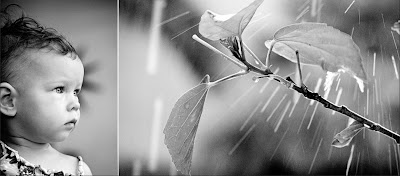 Photo by Flickr user Robotography
Photo by Flickr user RobotographyThe idea that to be educated is to come to know oneself and one's place in the world (and to be initiated into that privileged world of human being) has a long and distinguished history. From Bildung, through progressive and child-centred education, to the liberal, analytical tradition that flourished with the pioneering work of Peters and Hirst, it would appear that a conscious, rational and autonomous self is a sine qua non of educational philosophy. Even highly conservative theorists have been able to find common ground with progressives on this point.



